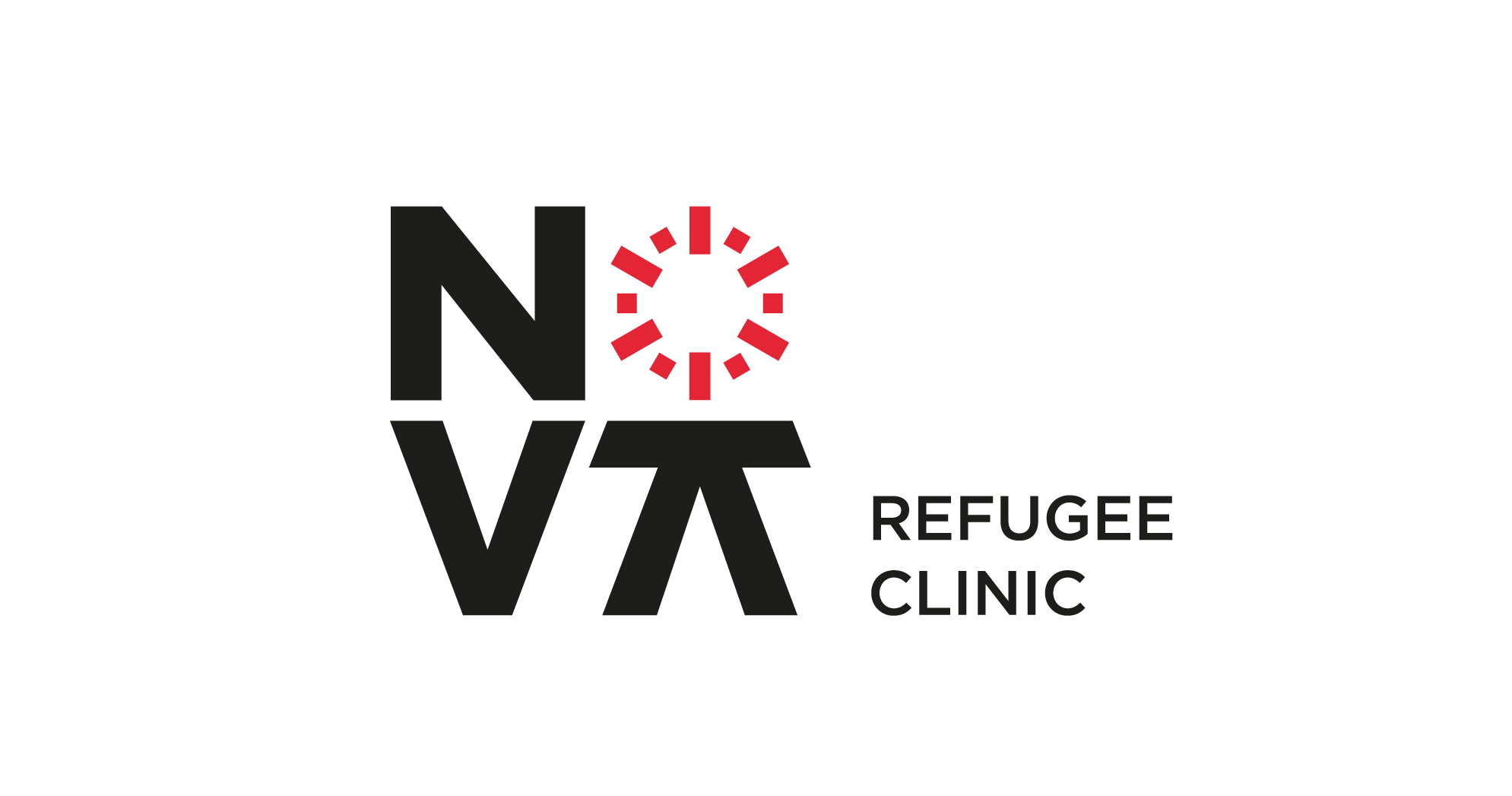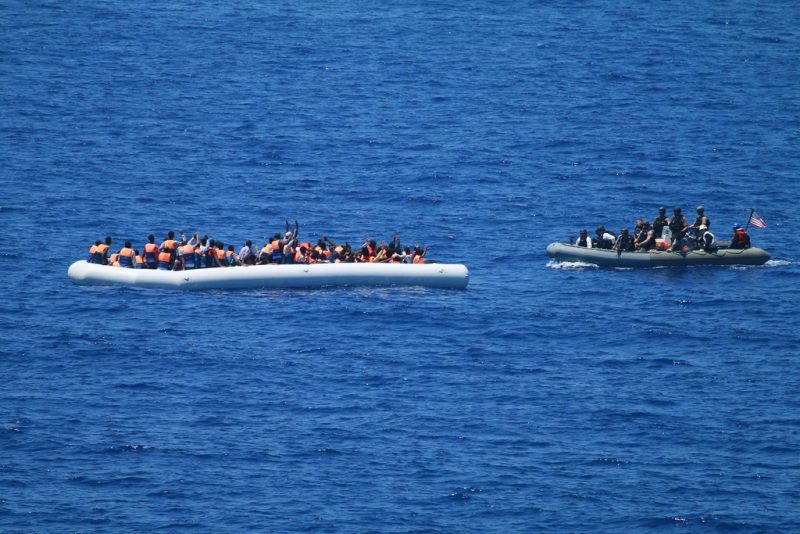The Criminalisation of Search and Rescue Operations: An International Law Perspective
Mariana Baptista [1]
Abstract:
The practice of accusing non-governmental organizations of aiding illegal migration, by rescuing and delivering them to a place of safety, has become frequent in recent years. This raises the question of whether rendering assistance to smuggled migrants falls under the duty to render assistance at sea or under the scope of the definition of smuggling of migrants.
Keywords: Duty to Render Assistance at Sea; Smuggling of Migrants; Article 98 UNCLOS
- Initial Considerations
The criminalisation of Search and Rescue (SAR) operations conducted by non-governmental organizations (NGOs) has become a significant phenomenon in the EU. In Greece, Italy, Malta, and Spain, which are affected by irregular arrivals by sea in the Mediterranean, investigations and criminal proceedings have been initiated against crew members of NGOs’ vessels and other private individuals taking part in rescue operations, on the grounds of aiding illegal migration [2].
As a result, it is essential to analyse both the duty to render assistance at sea, stated at article 98 of the United Nations Convention on the Law of the Sea (UNCLOS) [3], and the definition of smuggling of migrants, under article 6 of the Protocol against the Smuggling of Migrants by Land, Sea and Air [4], to better understand where International Law positions itself.
2. Rescue and Search at Sea
The duty to render assistance at sea is set out by article 98 of UNCLOS, which provides ‘Every State shall require the master of a ship flying its flag (…): (a) to render assistance to any person found at sea in danger of being lost; (b) to proceed with all possible speed to the rescue of persons in distress, if informed of their need of assistance (…)’ (article 98(1)).
Therefore, article 98(1) comprises the duty of flag States to oblige masters of vessels flying their flag to rescue people at risk of being lost at sea. On the other hand, article 98(2) includes the duty of coastal States to establish and maintain search and rescue services [5].
Nowadays, it is generally accepted that article 98(1) of UNCLOS reflects customary international law [6]. Its status as one of the general principles of law mentioned in article 38(1)(c) of the Statute of the International Court of Justice [7] could also be justified by its incorporation into many international and national legal instruments [8], as the International Convention for the Safety of Life at Sea (SOLAS Convention) [9], the Search and Rescue Convention (SAR Convention) [10], and the 1989 International Convention on Salvage [11].
To fully understand the scope of the article, we should take some aspects into consideration.
Firstly, even if UNCLOS refers merely to the obligation of States, the duty to rescue applies both to States and to masters of ships, under article 10(1) of the International Convention on Salvage and the regulation 33.1 of the SOLAS Convention. Similarly, the duty to save life at sea applies to all vessels, as article 98 of UNCLOS is a general provision and does not distinguish between private, merchant or military/governmental vessels [12].
Secondly, it must be acknowledged that this duty applies to all persons in distress, without distinction. As so, their nationality, legal status, or the activity in which they are engaged is irrelevant [13]. Even if the rescued persons are engaged in unlawful activity, the duty to rescue is always applicable.
Moreover, the duty to render assistance extends to the disembarkation of the rescued persons in a place of safety, as stated in article 3(1) of the SAR Convention. According to the Guidelines on the Treatment of Persons Rescued at Sea [14] (principle 6.12), a ‘place of safety’ ‘is a location where rescue operations are considered to terminate’ and the rescue unit can be one, but only provisionally (principle 6.14).
Lastly, the SAR Convention, regulation 1.3.13, defines the term ‘distress phase’ as ‘a situation wherein there is a reasonable certainty that a person, a vessel or other craft is threatened by grave and imminent danger and requires immediate assistance’. In the context of migrant smuggling across the Mediterranean Sea, every person onboard these overcrowded and unseaworthy vessels must be considered in distress [15].
3. Smuggling of migrants
The Protocol against the Smuggling of Migrants by Land, Sea and Air, in its article 3, defines smuggling of migrants as ‘the procurement, in order to obtain, directly or indirectly, a financial or other material benefits, of the illegal entry of a person into a State Party of which the person is not a national or a permanent resident’. All the elements included in the definition must be fulfilled for a situation of migrant smuggling to exist, under the Protocol.
According to the Interpretive Notes to the UN Smuggling of Migrants Protocol [16] (paragraph 92), ‘(…), the reference to “a financial or other material benefits” as an element of the offences set forth in paragraph 1 was included in order to emphasize that the intention was to include the activities of organized criminal groups acting for profit but to exclude the activities of those who provided support to migrants for humanitarian reasons (…). It was not the intention of the Protocol to criminalize the activities of (…) support groups such as religious or nongovernmental organizations’.
Hence, the Protocol excludes liability for humanitarian assistance. Contrarily, the Migrant Smuggling Protocol emphasises the need to carry out rescues, in accordance with the obligations set out by International Law [17], and solely intends to promote cooperation to target criminal smugglers and protect those they smuggle (article 2).
4. Final Considerations
As it has been stated, there is a crime of smuggling of migrants, under the scope of application of the Protocol, only if the conduct is committed with intent and for the purpose of obtaining, directly or indirectly, a financial or material benefit. Hereafter, the NGOs SAR actions are not deemed smuggling of migrants.
HOW TO CITE:
M. BAPTISTA, The Criminalisation of Search and Rescue Operations: An International Law Perspective, NOVA Refugee Clinic Blog, May 2021, available at <https://novarefugeelegalclinic.novalaw.unl.pt/?blog_post=the-criminalisation-of-search-and-rescue-operations-an-international-law-perspective>
[1] Mariana Baptista is a final year LL.B. student at NOVA School of Law and a researcher at NOVA Refugee Clinic – Legal Clinic.
[2] European Union Agency for Human Rights, ‘Fundamental rights considerations: NGO ships involved in search and rescue in the Mediterranean and criminal investigations’ (European Union Agency for Human Rights, 1 October 2018) <www.fra.europa.eu/en/content/fundamental-rights-considerations-ngo-ships-involved-search-and-rescue-mediterranean-and> accessed 25 April 2021
[3] United Nations Convention on the Law of the Sea 1982
[4] Protocol against the Smuggling of Migrants by Land, Sea and Air, supplementing the United Nations Convention against Transnational Organized Crime 2000
[5] Irini Papanicolopulu, ‘The duty to rescue at sea, in peacetime and in war: A general overview’ (2016) 902 International Review of the Red Cross < https://international-review.icrc.org/articles/duty-rescue-sea-peacetime-and-war-general-overview> accessed 26 April 2021
[6] Irini Papanicolopulu, ‘The duty to rescue at sea, in peacetime and in war: A general overview’ (2016) 902 International Review of the Red Cross < https://international-review.icrc.org/articles/duty-rescue-sea-peacetime-and-war-general-overview> accessed 26 April 2021
[7] Statute of the International Court of Justice 1965
[8] Tullio Scovazzi, ‘Human Rights and Immigration at Sea’, in Ruth Rubio-Marín (ed), Human Rights and Immigration (Oxford University Press, 2014)
[9] International Convention for the Safety of Life at Sea 1974
[10] International Convention on Maritime Search and Rescue 1979
[11] International Convention on Salvage 1989
[12] Parliamentary Assembly, ‘Lives Lost in the Mediterranean Sea: Who Is Responsible?’ (Committee on Migration Refugees and Displaced Persons 2012) <http://www.assembly.coe.int/nw/xml/XRef/Xref-XML2HTML-en.asp?fileid=18234&lang=en.> accessed 25 April 2021
[13] Tullio Scovazzi, ‘Human Rights and Immigration at Sea’, in Ruth Rubio-Marín (ed), Human Rights and Immigration (Oxford University Press, 2014)
[14] Resolution MSC.167(78) 2004
[15] Shadi Elserafy, ‘The Smuggling of Migrants across the Mediterranean Sea: States’ Responsibilities and Human Rights’ (Master’s thesis, The Arctic University of Norway 2018)
[16] Interpretative notes for the official records (travaux préparatoires) of the negotiation of the United Nations Convention against Transnational Organized Crime and the Protocols thereto 2000, para 96
[17] International Framework for Action To Implement the Smuggling of Migrants Protocol 2011



